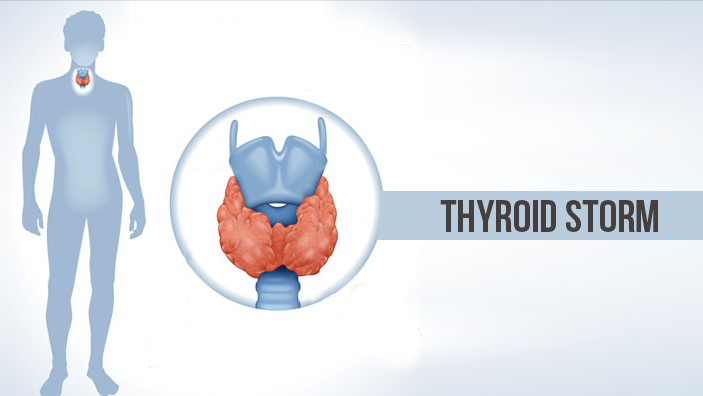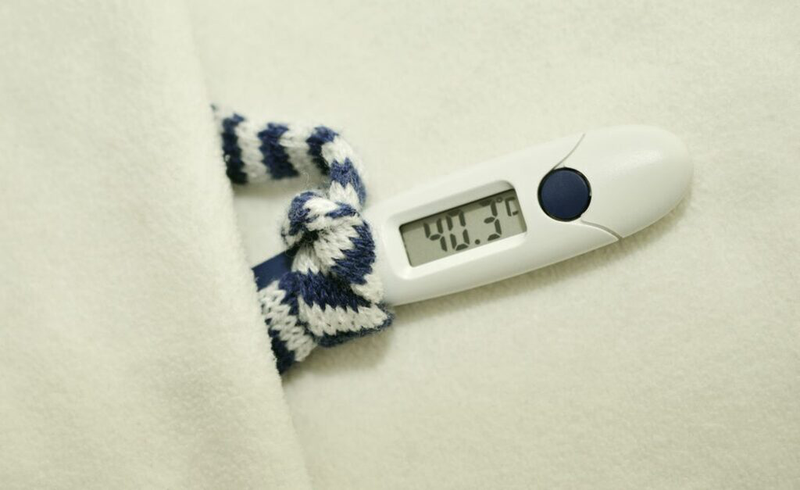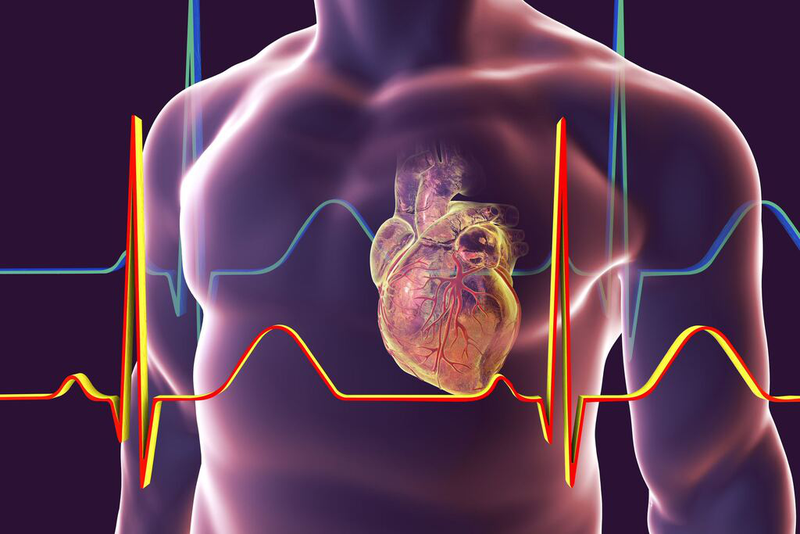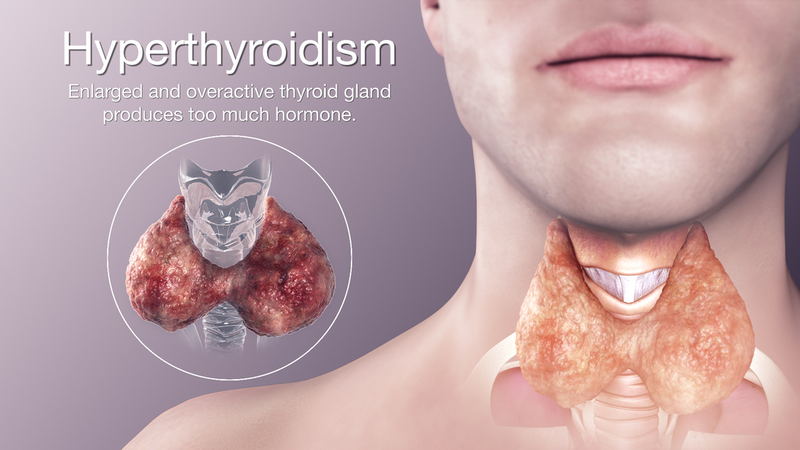Thyroid storm is a dangerous disease and can lead to death if not treated promptly. So what is thyroid storm? What are the symptoms and complications of thyroid storm? The article will share useful information about what thyroid storm is and effective methods of treating thyroid storm.
What is thyroid storm?
Thyroid storm, also known as paroxysmal hyperthyroidism, is a condition of acute thyrotoxicosis that occurs due to decompensation of hyperthyroidism. This health condition is very rare but can be life-threatening if not treated promptly when symptoms appear.
Thyroid storm often occurs in patients with thyroid surgery, parathyroid surgery, patients with infections, trauma or postpartum women. In addition, some other cases are also at high risk of thyroid storm such as patients with hyperthyroidism due to thyroid tumors, Basedow’s disease or untreated or untimely treated goiter. Hyperthyroid patients with stress also increase the risk of thyroid storm. However, any untreated hyperthyroid patient is at risk of developing a hyperthyroid crisis.
According to experts, other factors that increase the risk of thyroid storm include:
- Stress, tension, anxiety.
- Infections such as encephalitis, meningitis in hyperthyroid patients.
- Detoxification or frequent palpation of the thyroid gland.
- Discontinuing antithyroid drugs early, using I131 and iodine-containing drugs, or overdosing on thyroid hormones can cause blood hormone levels to rise in some susceptible patients.

Many people wonder what thyroid storm is.
What are the symptoms of thyroid storm?
Thyroid storm usually comes from the symptoms of hyperthyroidism, causing the thyroid gland to secrete a large amount of hormones. Most of the symptoms of hyperthyroidism and thyroid storm are quite similar. However, the symptoms of thyroid storm often appear suddenly, are very serious and directly threaten the patient’s life more. So what are the symptoms of thyroid storm?
Here are the common symptoms of thyroid storm, including:
- Body temperature: High fever, body temperature always fluctuates from 37 – 41 degrees Celsius, the patient sweats a lot and easily leads to dehydration.
- Neurological: Up to 90% of patients with thyroid storm face neurological symptoms such as anxiety, delirium, mental disorders, perceptual disorders, confusion or coma.
- Cardiovascular: People with thyroid storm have a rapid heartbeat of about 120 – 200 beats/minute, some patients even have a heart rate of up to 300 beats/minute. In elderly patients, there are arrhythmias such as atrial fibrillation, ventricular extrasystoles, cardiovascular collapse, congestive heart failure and a very high risk of death. The patient’s blood pressure usually does not change, however, if the patient has low blood pressure, the prognosis is very poor.
- Digestive: In patients with thyroid storm, there is vomiting, abdominal pain, diarrhea. A few patients have jaundice, congestion or liver cell necrosis, these are warning signs that the disease has become more serious.
- Myasthenia gravis: Most patients with thyroid storm will have symptoms of myasthenia gravis, facial myasthenia gravis, myasthenia gravis, and upper eyelid muscle retraction.
- Some patients may have hyperglycemia or hypercalcemia.
Recognizing the symptoms of thyroid storm and detecting it early will help patients receive timely treatment, thereby helping to limit the risk of death. In addition, before thyroid surgery, patients will be well prepared to limit the risk of thyroid storm. So what are the complications of thyroid storm?

High fever is a symptom of thyroid storm.
What are the complications of thyroid storm?
If not treated promptly, people with thyroid storm will face many dangerous complications such as pleural effusion, congestive heart failure and a risk of death of up to 70%. In addition, patients may experience other complications after a thyroid storm such as:
- Heart failure: Decreased ability of the heart to pump blood to other organs in the body.
- Osteoporosis: After a thyroid storm, there are lesions on the bones, making them weak and susceptible to fracture.
- Atrial fibrillation: The heart’s contractions are disrupted and the ventricular rate is faster than the atrial rate.
Most of the above complications affect the patient’s health and daily activities. Therefore, timely emergency care and compliance with the doctor’s treatment regimen will help minimize future complications. So what are the measures to prevent thyroid storm?

Thyroid storm can cause heart failure complications for patients.
What are the measures to prevent thyroid storm?
Thus, thyroid storm can cause many dangerous symptoms and complications, even leading to death if not treated promptly. Therefore, taking measures to prevent thyroid storm is very important and necessary. So what are the measures to prevent thyroid storm?
Here are some effective measures to prevent thyroid storm that Long Chau Pharmacy has compiled, specifically as follows:
- For patients with hyperthyroidism in the early stages, it is necessary to avoid suddenly stopping synthetic antithyroid drugs. At the same time, patients need to comply with the treatment, indications and instructions for using the medicine of a specialist.
- Patients with hyperthyroidism need to closely monitor the use of Insulin and Digitalis.
- Absolutely do not touch the thyroid area too much to avoid damaging the goiter.
- Avoid performing any surgery during the treatment of hyperthyroidism, including minor procedures such as tooth extraction.
- Maintain scientific physical exercise activities along with a healthy diet.
- Always keep a happy and comfortable spirit and avoid letting your body fall into a state of stress and anxiety.
- Regular health check-ups according to your doctor’s appointment to evaluate the effectiveness of treatment. At the same time, prevent possible complications by intervening early and at the root of risk factors.

Patients with hyperthyroidism need to strictly follow the doctor’s treatment regimen.
In summary, thyroid storm can cause many dangerous symptoms and complications for patients if not treated promptly, with a mortality rate of up to 70%. Hopefully, the information shared in the article has helped readers better understand what thyroid storm is and grasp effective disease prevention measures.





